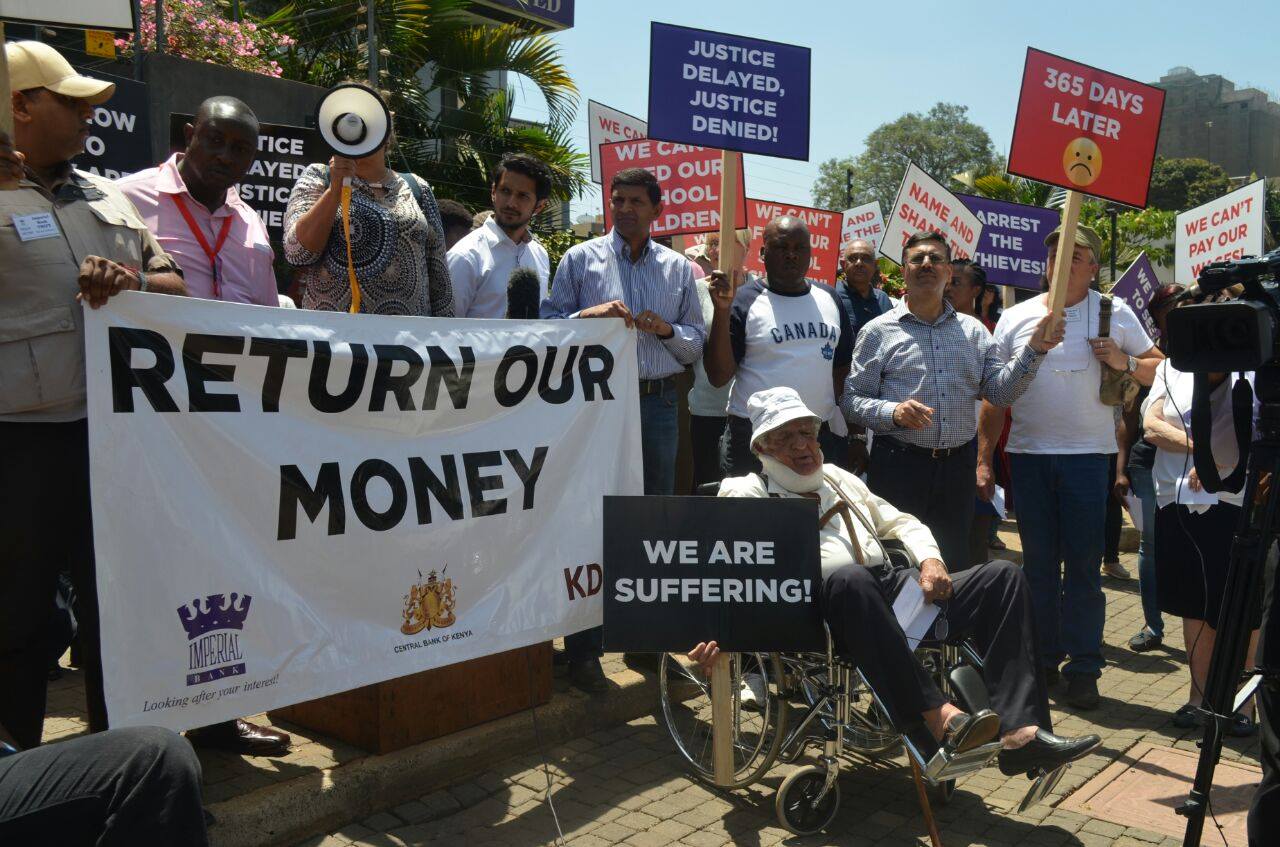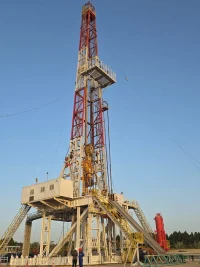Things have gotten thicker for the now-defunct Imperial Bank directors after the Supreme Court allowed the Capital Markets Authority (CMA) to pursue them over the Ksh2 billion corporate bond issued one month before the collapsed bank was put under receivership.
The Supreme Court granted the CMA’s prayers after it agreed that CMA had the right to investigate the circumstances under which the bank issued the corporate bond despite its directors’ knowledge that the bank was on the precipice.
Imperial Bank was placed under receivership in October 2015 after the lender’s board alerted authorities to suspected malpractices.
“The petitioners’ appeal is allowed to the extent that the respondent may proceed with its enforcement proceedings against the petitioners through its delegated authority under Section 11A(1) and or Section 14(1) of the CMA Act,” Justices David Maraga (chief justice), Mohamed Ibrahim, Smokin Wanjala, Njoki Ndung’u and Isaac Lenaola said.
As it stands, the CMA will proceed to investigate the directors and if they are found guilty of any malpractice they will be barred from holding any similar position in any company listed at the Nairobi Securities Exchange (NSE).
The directors had moved to the Supreme Court after losing at the Appellate Court which gave the CMA the all clear to investigate them for their alleged role in the fall of the bank.
The eight directors; Alnashir Popat, Omurembe Iyadi, Jinit Shah, Anwar Hajee and Hanif Somji, argued that Section 11(3)(cc) & (h) of the CMA Act is unconstitutional, because it allows the regulator overlapping roles.
When the bank collapsed, it triggered fury across the country with depositors fearing for the worst. KCB has since acquired the lender and the former Imperial Bank customers have gotten their money back through KCB.
However that did not stop Kenyans from questioning the role of the regulator in the lender’s troubles which led the CMA to move in and investigate whether the bank’s directors had put depitors’ funds at risk.
By the time Imperial Bank was collapsing, it went under with Ksh2 billion worth of bonds leaving investors cursing the CMA which had given the trading of the bond a clean bill of health.
The directors challenged the investigation and enforcement arguing that CMA officers were involved in investigations before asking them to respond to seven allegations within 14 days.
They harboured reservations appearing before a panel of CMA officers and observed subsequent enforcement proceedings would be tantamount to the overlapping of duties.
The High Court had stopped the process saying there existed a possibility of bias on the part of the regulator. The Court of Appeal overturned the decision and gave the regulator the nod. Unsatisfied with the decision, the directors moved to the Supreme Court.
An audit of the bank’s activities later blew the lid open showing that the bank’s former managing director Abdulmalek Janmohamed had been running a scheme of fraudulent disbursements resulting in losses running into billions of shillings.













Leave a comment